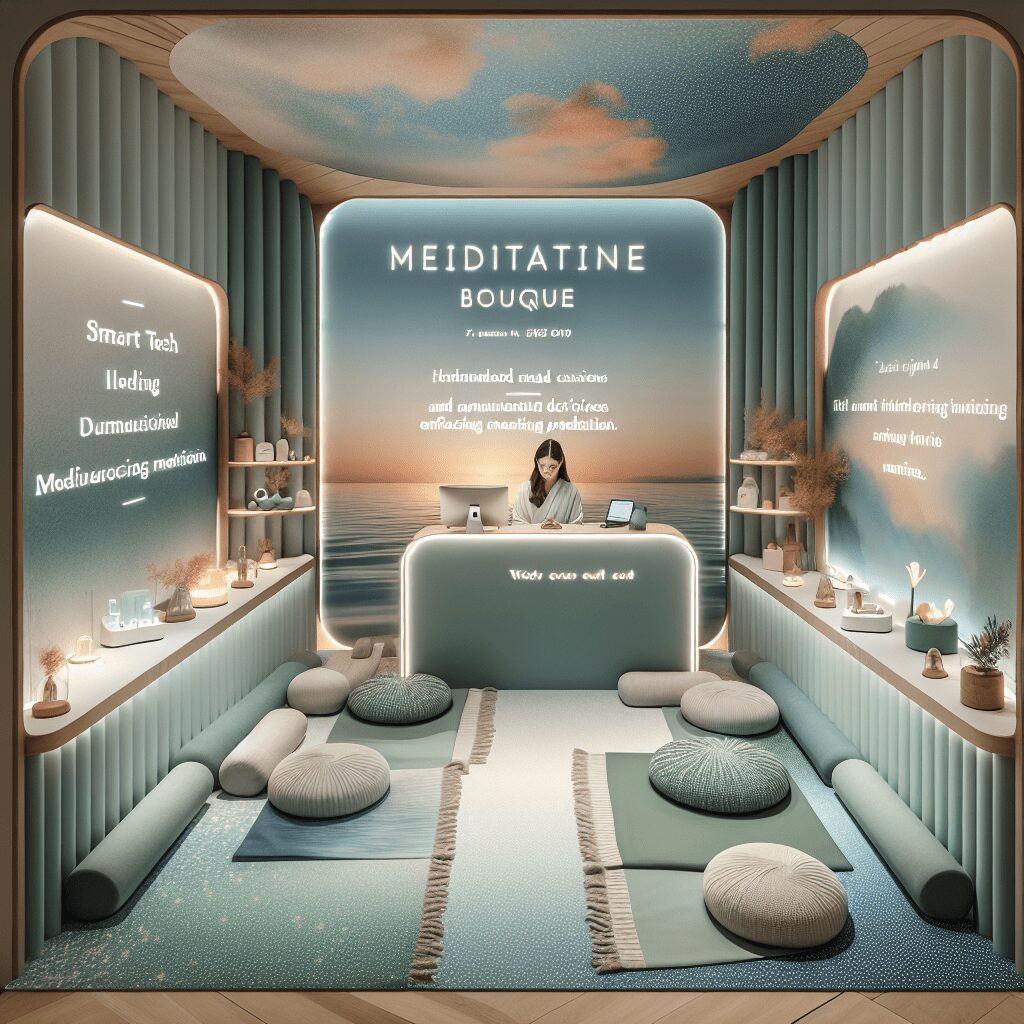
Prioritize your mental well-being daily. Enhance your life by nurturing your mental health with the Smart Meditation app. Break free from stress, alleviate anxiety, and enhance your sleep quality starting today.
Do Antidepressants Help You Sleep?
Unlocking the Secrets of Sleep with Antidepressants
In the hustle and bustle of the modern world, a good night’s sleep can sometimes feel like a luxury rather than a necessity. Amid the growing concerns over sleep quality, many are turning their gaze toward antidepressants, curious about whether these meds could be the missing piece in their quest for restful nights. But is there truth to the whispers that antidepressants can actually help you sleep? Let’s dive deep into the heart of this question, unraveling the complexities and unveiling what’s myth and what’s fact.
The Antidepressant-Sleep Connection
At the forefront of this inquiry is the fascinating relationship between antidepressants and sleep. Antidepressants, primarily used to treat depression and anxiety, are not universally designed as sleep aids. Yet, here’s where it gets intriguing. Depending on their specific type and action mechanism, some of these drugs can indeed wield a significant impact on sleep.
-
SSRIs (Selective Serotonin Reuptake Inhibitors): The most commonly prescribed antidepressants. While SSRIs like Prozac (fluoxetine) or Zoloft (sertraline) can sometimes cause insomnia as a side effect, others may find that stabilizing their mood improves their overall sleep quality.
-
Tricyclic Antidepressants (TCAs): This older class of meds sometimes doubles as a treatment for insomnia, despite their primary role in tackling depression. Drugs like Amitriptyline are known for their sedating effects, making them a go-to for those with sleep disturbances.
-
Atypical Antidepressants: Here, the waters get even muddier. Some, like Trazodone, are so effective at inducing sleep that they’re often prescribed for insomnia at lower doses than what’s used for depression.
Making Sense of the Diverse Effects
So, why the mixed bag of effects? It boils down to how these drugs interact with brain chemicals. Neurotransmitters like serotonin and norepinephrine play pivotal roles in both mood regulation and sleep cycles. By adjusting the balance of these chemicals, antidepressants can inadvertently influence your slumber patterns— for better or worse.
Before popping the pill in hopes of catching some Z’s, here’s the kicker: not everyone will respond the same way to a given antidepressant. Factors like underlying health conditions, other meds, and personal biochemistry can turn an intended sleep aid into a sleep stealer.
Choosing Wisely: A Path Toward Restful Nights
If you’re contemplating the antidepressant route to address your sleep woes, proceed with caution and armed with knowledge. Here’s a rundown of steps to consider:
- Consult a healthcare professional: A no-brainer, really. Your doctor can pinpoint the root cause of your sleep issues and determine if antidepressants could help or hinder your quest for rest.
- Consider lifestyle adjustments: Often, tweaking your daily habits (think caffeine intake, screen time before bed, and exercise routines) can improve sleep without medication.
- Trial and error: Finding the right antidepressant (if any) for sleep might require some experimentation under medical supervision. Patience is key.
Antidepressants: A Tool, Not a Panacea
In the end, while certain antidepressants can double as an effective remedy for some sleep disturbances, they’re not a one-size-fits-all solution. Each individual’s experience can vary greatly. For anyone wrestling with sleepless nights, the most prudent course of action involves a holistic approach, incorporating lifestyle changes, professional guidance, and, if necessary, carefully selected medication.
Remember, while the allure of a magical pill for sleep is strong, the path to improved rest is often multifaceted, requiring a blend of strategies to ensure both mind and body are primed for slumber. So, before you lean on antidepressants as your sleep savior, consider all the angles. Your best night’s sleep could well be a more nuanced journey than simply adding another pill to your bedtime routine.




